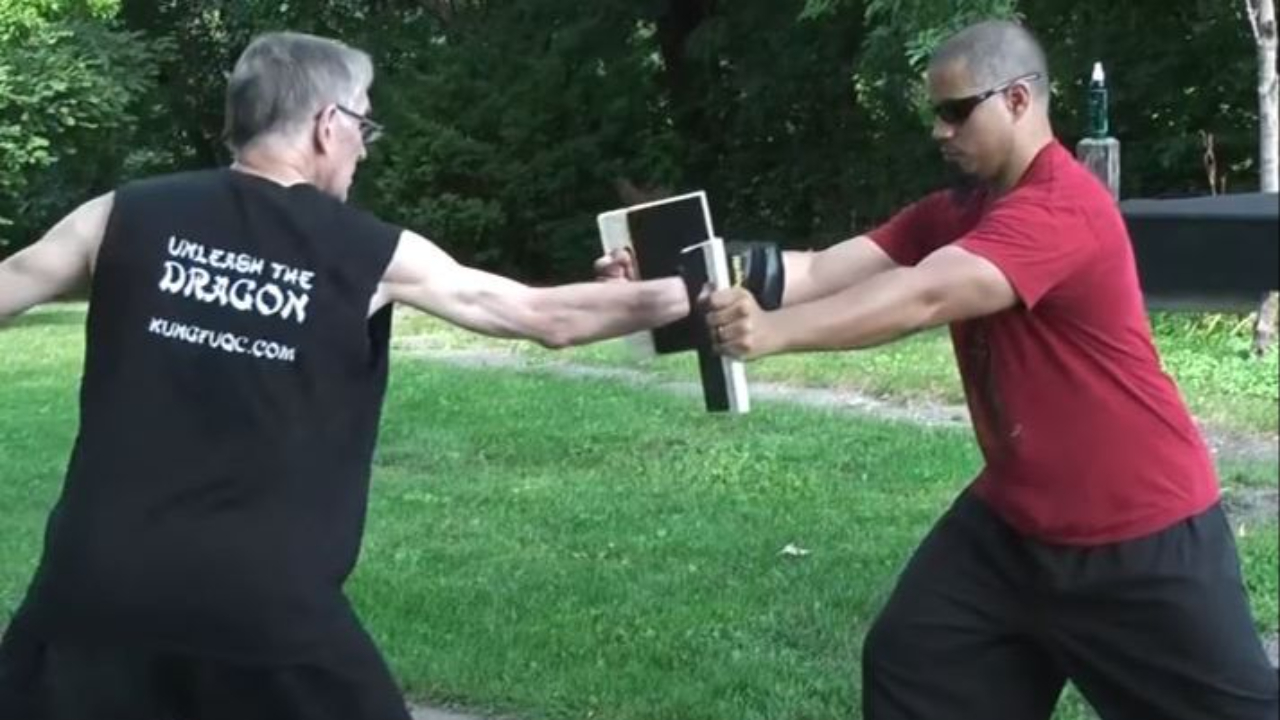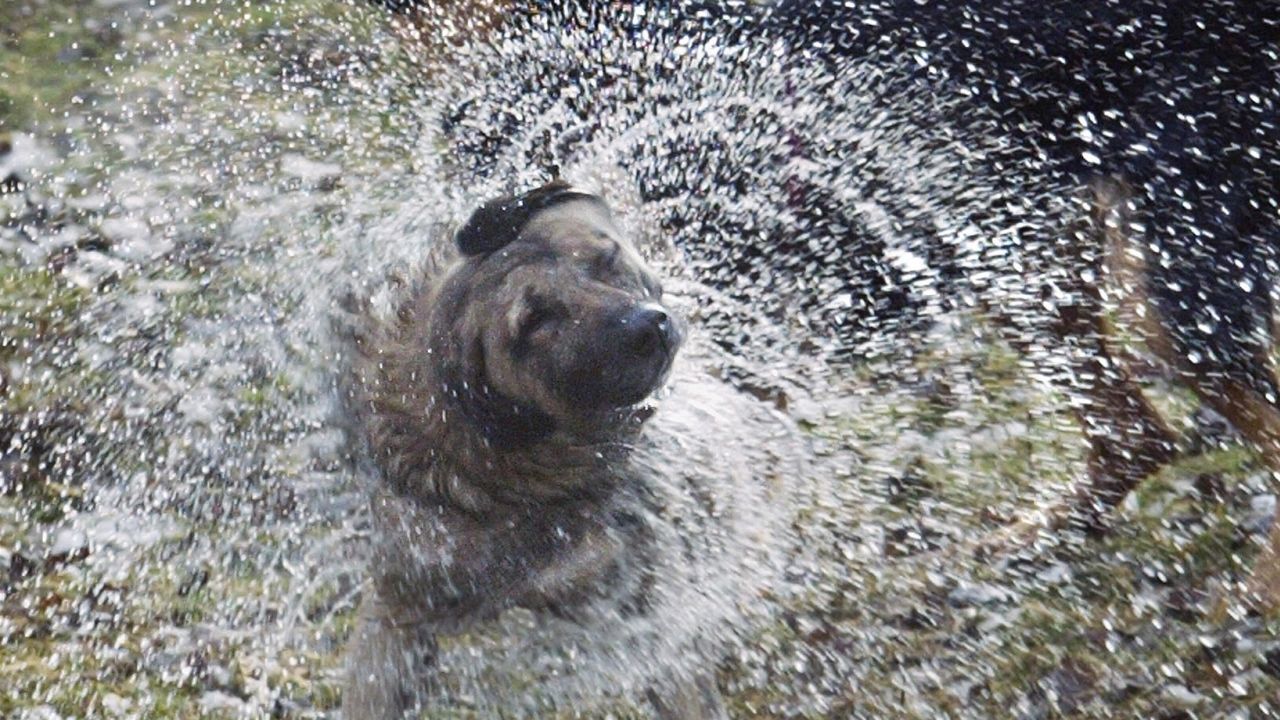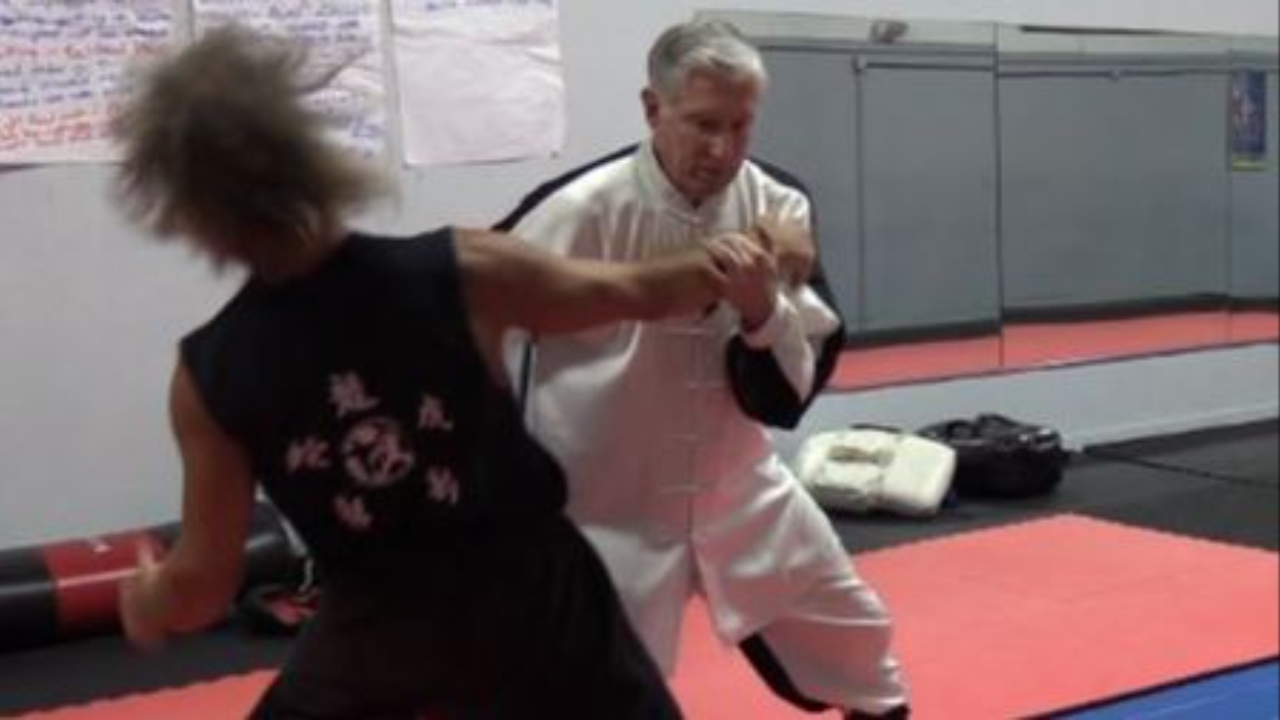Boards Don't Hit Back -- Bruce Lee's Famous Line is Only Entertainment

Last Saturday at our practice, we took a few minutes to have fun with board-breaking. We used the black rebreakable board, which is worth a couple of regular wooden boards. We tried different breaks from short range, the idea being if you are in close, can you generate enough power to do some damage to an opponent.
Here is the video that resulted.
When you put a video like this online, you will inevitably have someone reply with "Boards don't hit back." Sometimes a friend will say it in jest, but sometimes it is said by someone who is serious.
"Boards don't hit back" is a line that Bruce Lee said in "Enter the Dragon," when Bob Wall broke a board at the beginning of a fight with Bruce.
Since 1973, some Bruce Lee "purists" and "Real Fighting" macho guys have pretended that board breaking is stupid.
They would be wrong.
Yes, boards don't hit back. Neither do heavy bags. Neither do makiwara boards. And neither does paper.
Did you know that Punching Paper was one of Bruce Le...
What is Fajin in Tai Chi - A Dog Shaking Off Water

Have you ever seen a dog shake water off itself? There is not one tense muscle in its body. The dog is totally relaxed and if you watch carefully, you'll see it grounding from its rear legs when it shakes the front half of it's body, and it will ground from the front legs when shaking the tail and rear half.
Without realizing it, the dog is practicing fajin.
Have you ever had something on your finger and tried to shake it off? Let's say....water. You have water on your hand and you give it a good flick -- a good shake. How tense are you? Not tense at all, are you? In fact, you relax it like a whip and snap it.
That same type of relaxation is needed for good fajin.
Good fajin is a matter of connecting all of the key internal body mechanics and taking full advantage of the relaxed power that can result from these mechanics.
--by Ken Gullette
What is Fajin and How Do You Do It?

I'm often stunned by the literal-mindedness of some internal arts folks (that's no secret, is it?). The subject of fajin is one example of how a simple concept is misunderstood and misinterpreted.
Fajin means "issuing energy." Unfortunately, the people who desperately need to believe in the supernatural think that in doing fa-jing, you are shooting chi out of your hands or body. They take it literally.
It's not magical or mystical. It's a matter of physics.
If you are a boxer, you're issuing energy when you deliver a jab, a cross, or a good left hook. If you're into kali, you're issuing energy when you hit someone with a stick (or even when you block another stick with yours), and if you're into karate, you issue energy when you break a board with your foot.
In the internal arts, fajin -- issuing energy -- is more complex, but the end result is the same. You knock the hell out of something or someone.
Grandmaster Chen Xiaowang (shown in the photo above working with students on fa...
